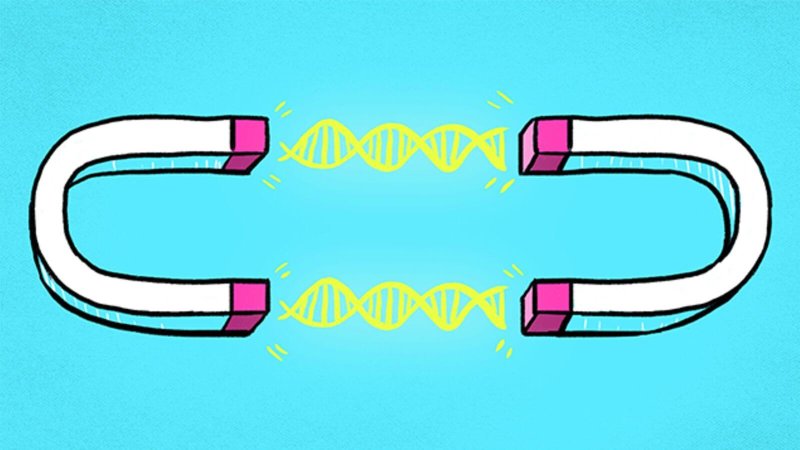Ever since his work on [the Human Genome Project, geneticist George Church has] been trying to sequence the rest of us. And he wants to use that information to shape how we pick our mates.
…
Most of us carry recessive genes for various diseases inside our DNA. We can go through life unharmed because we also have a healthy, dominant copy of the gene. But when two parents who each carry a defective copy of a gene have a child, there’s a risk that their offspring could end up with two defective copies of the gene. Worldwide, roughly 5 percent of children are born with serious birth defects caused by a single gene.
However, if each of us had our genome sequenced — and used it to choose lovers — we could change that. Church estimates such an effort would effectively end some 7,000 genetic diseases, from sickle cell anemia to cystic fibrosis.
…
[Bioethicist Hank Greely] suspects that if people did get their genome sequenced, they might use the information to gauge their risk of having children with genetic diseases. Then they might decide to roll the dice, adopt, not have kids or use pre-screened, implanted embryos.Read full, original post: George Church Wants to Make Genetic Matchmaking a Reality
































